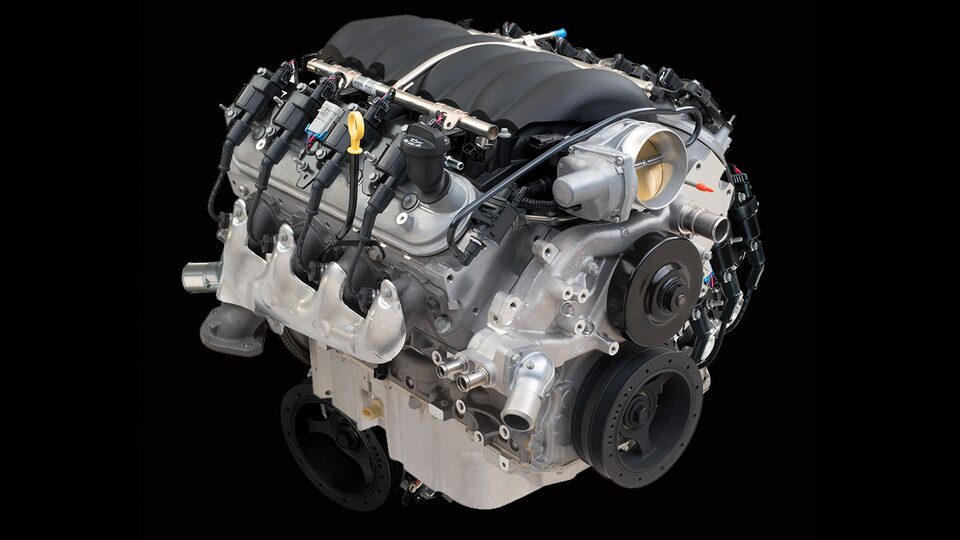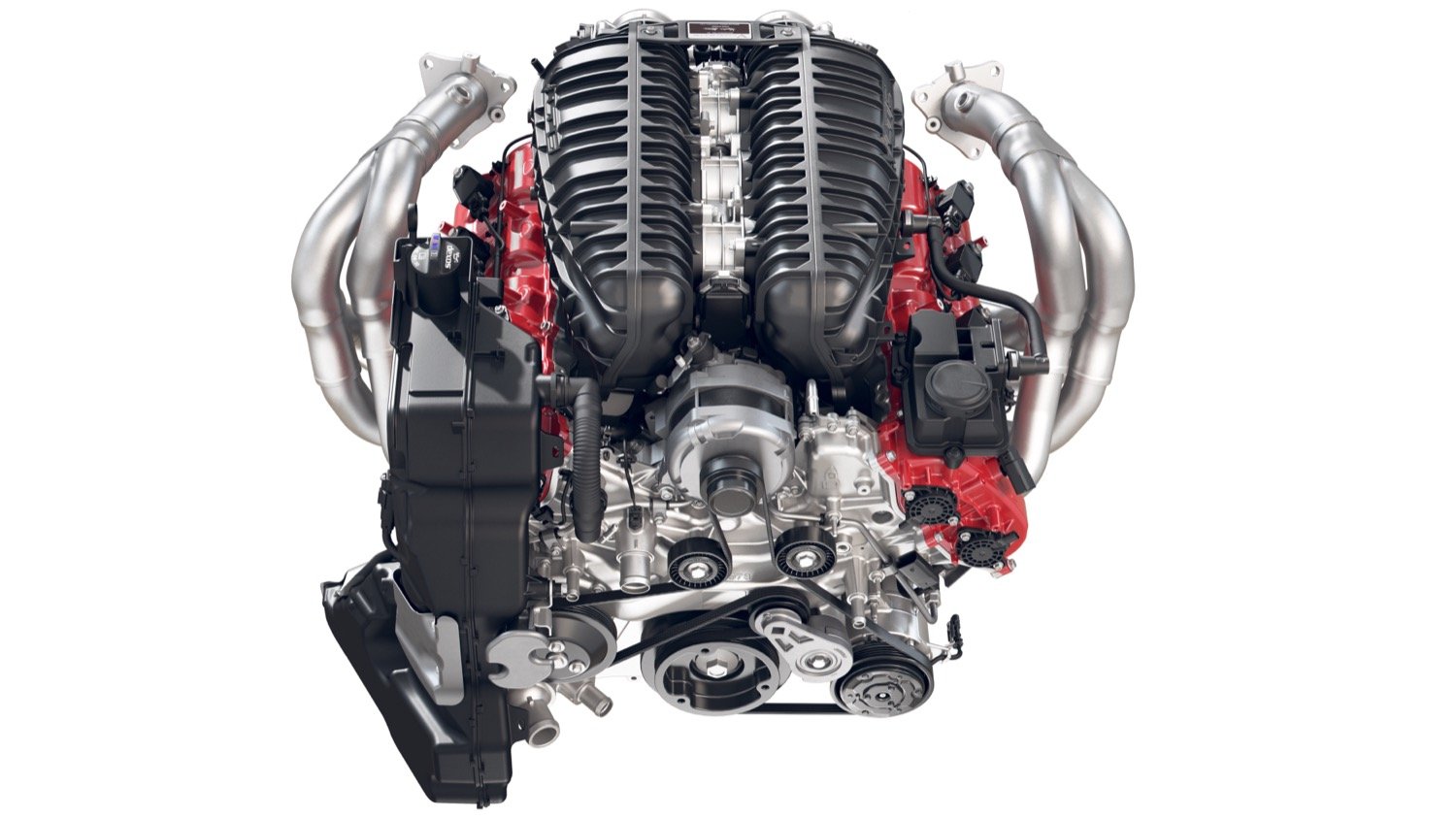Audi is very much a case of keep it dealer serviced with an Audi warranty. I bet if this car had full Audi service history then the brand quite possibly would have paid for at least the parts/ engine.
I see it every day where Audi pays for out of warranty repairs for vehicles with full service history, even better if it was bought from an Audi dealer.
I see it every day where Audi pays for out of warranty repairs for vehicles with full service history, even better if it was bought from an Audi dealer.



